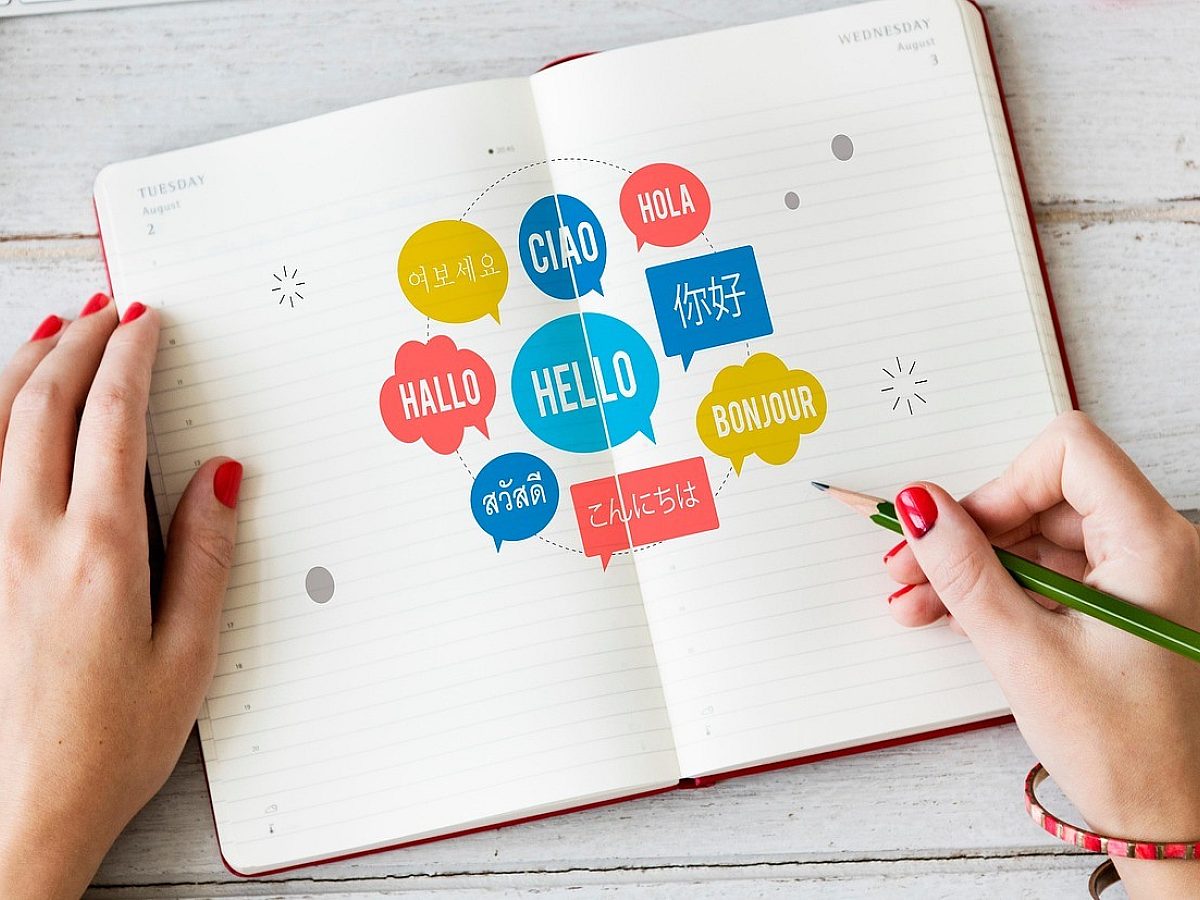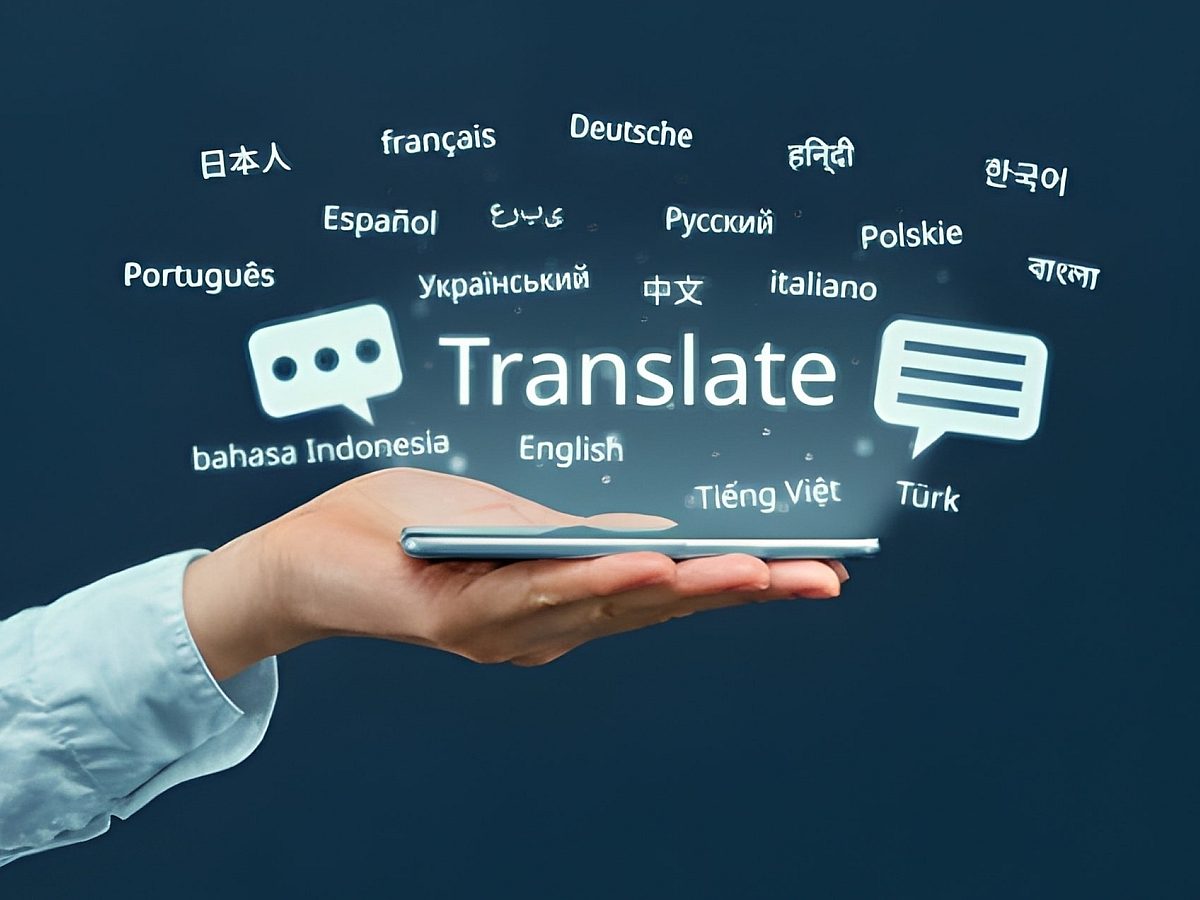In regulated industries, words carry legal weight. They are binding commitments, legal obligations, and sometimes the deciding factor between compliance and costly consequences. From clinical trial submissions and multilingual contracts to financial disclosures under strict regulations, accuracy in language is critical to meeting compliance and protecting outcomes.
A single mistranslation in a patient safety leaflet can trigger a recall. A vague phrase in a financial prospectus can create liability. A misinterpreted term in a legal contract can unravel months of negotiation. In these industries, translation acts as a safeguard for compliance, trust, and operational success.
The High-Stakes Landscape of Regulated Industries
Before understanding why specialist translators are essential, it’s important to consider the environment these industries operate in.
Pharmaceutical and Life Sciences
The FDA in the US and similar bodies worldwide require rigorous documentation from clinical trial protocols to drug labeling. Every detail must be scientifically accurate, culturally appropriate, and clear enough for both patients and healthcare providers.
Legal
Cross-border contracts, intellectual property filings, litigation materials, and court submissions often require precise, jurisdiction-specific language. A single ambiguous term can lead to disputes or invalidate an agreement.
Finance
Banks, insurers, and investment firms must meet disclosure requirements that vary across jurisdictions. Regulatory bodies require linguistic accuracy and strict adherence to approved terminology and risk language.
In all of these sectors, compliance is mandatory. Mistakes can lead to product delays, legal disputes, financial penalties, or reputational harm.
Why General Translation Services Fall Short
Many businesses assume that any professional translator can handle regulated content as long as they are fluent in the languages involved. This assumption can result in costly errors.
Regulated industries operate within specific legal and procedural systems. Translators must understand not only the source and target languages but also the rules that govern the content. Without this knowledge, a translation may be grammatically correct yet legally noncompliant.
For example:
A translator unfamiliar with FDA approved phrasing might create patient information that fails inspection.
A financial term might be translated literally but interpreted differently by the target market’s regulator.
A legal term such as “reasonable efforts” could be mistranslated in a way that changes the contractual obligations entirely.
The Role of the Specialist Translator
Specialist translators in regulated industries bring three capabilities that generalists often cannot match.
1. Deep Regulatory Knowledge
A specialist translator understands the laws, rules, and standards relevant to their field.
In pharma, they know FDA submission formats, EMA terminology, and ICH guidelines.
In finance, they understand SEC disclosure rules, anti-money laundering terminology, and official reporting standards.
In legal, they are familiar with differences between common law and civil law systems and how these impact language use.
2. Mastery of Industry Terminology
Regulated industries use precise technical vocabularies. A mistranslated term can alter meaning entirely.
In medicine, “indication” is not the same as “symptom.”
In law, “void” differs from “voidable.”
In finance, “liquidity” has a defined meaning tied to specific regulatory ratios.
Specialist translators maintain terminology databases and work with industry glossaries to ensure consistency and correctness.
3. Cultural and Jurisdictional Sensitivity
Specialist translators adapt content for the target audience while preserving its legal or technical accuracy. This includes:
Adjusting for patient literacy levels in different regions
Following local financial disclosure conventions
Using legal phrasing that is enforceable in the target jurisdiction
The Risks of Skipping Specialist Translators
When businesses rely on non-specialists for regulated content, the risks can be severe:
Regulatory Rejection: Submissions can be delayed or denied if they don’t meet the target market’s legal or technical standards.
Financial Penalties: Fines for non-compliance with regulations like the FDA’s 21 CFR Part 11 or GDPR can be substantial and damaging.
Operational Delays: Incorrect translations can halt product launches, delay court proceedings, or block financial transactions.
Loss of Credibility: In regulated industries, trust is paramount. Errors can damage relationships with regulators, clients, and stakeholders.
From FDA to GDPR: A Wide Net of Compliance
While the FDA governs much of life sciences in the US and GDPR sets Europe’s data privacy standard, these are just part of the picture. Other critical regulations include:
HIPAA for healthcare privacy in the US
Local bar association requirements for legal practice
Industry-specific ISO standards for documentation
Each comes with its own vocabulary, format requirements, and approval processes. Specialist translators work within these frameworks seamlessly.
The Business Case for Investing in Specialist Translation
Investing in specialist translation delivers measurable value:
Reduced Risk: By preventing compliance errors, you avoid costly fines, litigation, and lost opportunities.
Faster Market Entry: Accurate, compliant translations reduce the back-and-forth with regulators.
Enhanced Reputation: Demonstrating linguistic and regulatory accuracy builds trust with partners, customers, and oversight bodies.
Partnering with the Right Language Service Provider
Wolfestone Group offers:
Certified translators with proven expertise in regulated industries
Multi-step quality assurance, including peer review by subject matter experts
Secure document handling in compliance with GDPR, HIPAA, and ISO 27001
Long-term terminology management for consistency across projects
Whether submitting to the FDA, preparing multilingual contracts, or localizing financial disclosures, Wolfestone Group ensures your content is accurate, compliant, and trusted.
Final Thought
In regulated industries, the margin for error is slim. With a specialist translator, you gain both linguistic precision and regulatory insight, the combination that keeps operations safe, compliant, and respected across borders.
At Wolfestone Group, our expertise spans law, life sciences, and finance, ensuring every translation meets the highest standards of accuracy and compliance. We are committed to protecting your reputation, meeting every deadline, and helping you navigate complex regulations with confidence.
Ready to secure specialist translations that meet your industry’s highest standards? Connect with Wolfestone Group to ensure your critical documents are accurate, compliant, and trusted worldwide.




